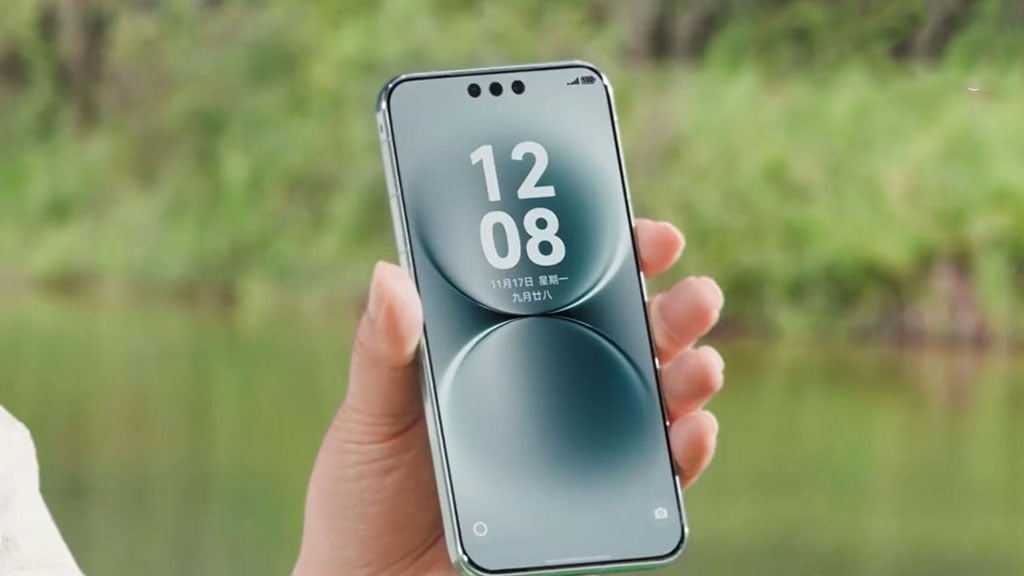In the face of US sanctions, smartphone giant Huawei stands to lose a significant share of the mobile phone market, or in the worst case scenario, leave the industry altogether, according to analyst Guo Mingji from TF International Securities
Huawei’s rise as a global telecommunications leader and 5G juggernaut was rapid. Founded in 1987, the company made its mark by building out network infrastructure in rural areas and investing heavily in R&D.
Related:
 The Unfinished Story of Huawei: Phones, 5G, and “Harmony” at the Heart of the Trade WarHow Huawei went from telecom manufacturer to global leader in innovation and sales, and found itself at the heart of the tension between China and the USArticle Aug 09, 2019
The Unfinished Story of Huawei: Phones, 5G, and “Harmony” at the Heart of the Trade WarHow Huawei went from telecom manufacturer to global leader in innovation and sales, and found itself at the heart of the tension between China and the USArticle Aug 09, 2019
Huawei’s low pricing and early investments into 4G and 5G helped them become the telecom giants they are today, but the company is probably best known for their commanding presence in the smartphone market — Huawei had the highest volume of global smartphone shipments in the first half of 2020.
In May of this year, the US Bureau of Industry and Security (BSIS) put out a notice addressing Huawei’s continued use of US software and technology without a proper license. In the notice, BSIS clarified that semiconductors and chipsets produced by Huawei and its affiliates are subject to export regulations.
This directly addresses the contract Huawei’s chipmaking subsidiary HiSilicon has with Taiwan Semiconductor Manufacturing Company (TSMC) to produce their semiconductors. In an earnings call last month, TSMC stated they would comply with US regulations and stop shipping chips to Huawei starting September 14th.
Related:
![]() For Apple, Trump’s WeChat Ban Could Spell a 30% Drop in iPhone SalesApple has found itself in a tricky positionArticle Aug 12, 2020
For Apple, Trump’s WeChat Ban Could Spell a 30% Drop in iPhone SalesApple has found itself in a tricky positionArticle Aug 12, 2020
Guo’s report further noted that even if Huawei can find a replacement supplier, there is a high probability of market share loss due to Huawei’s specific pricing and supply chain disruption.
Of course, Huawei isn’t the only company affected by US-China politics. In another report by Guo, Apple is predicted to lose up to 35% of global iPhone sales if they don’t include WeChat in the Apple Store. These sanctions are costly for companies, but even more difficult for users around the world who use both Chinese and American apps every day.
With only two weeks left until Huawei is left without a chip supplier, it’s unclear how the telecommunications giant will move forward.



















